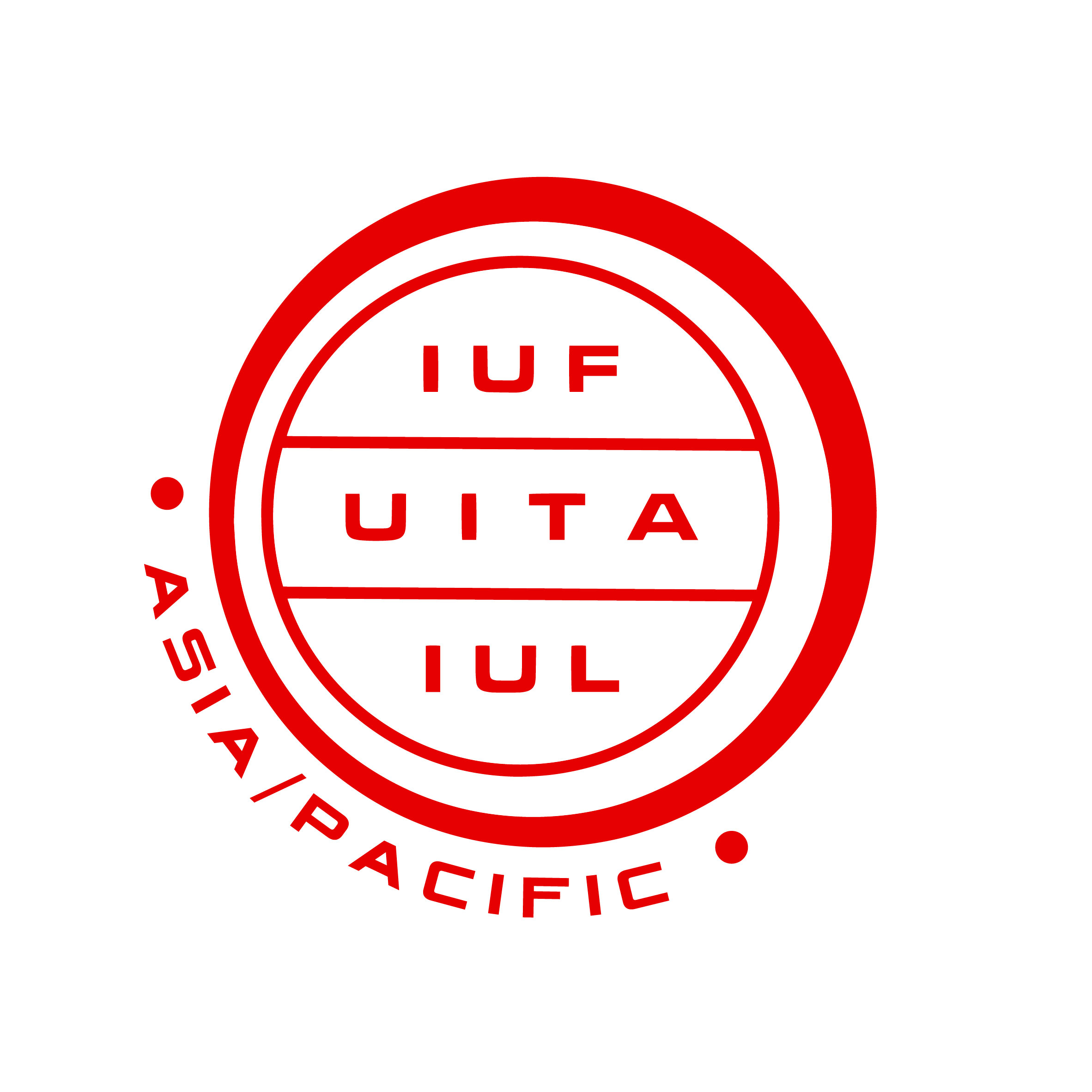Delivery Hero, the Germany-based parent company of Foodpanda, is planning to sell its delivery operations in several Asian countries including the Philippines. While all of the attention is on the anti-trust hurdles that its competitor Grab might face in taking over Foodpanda in Asia, there is no consideration of what this means for the delivery riders themselves.
Foodpanda in the Philippines compelled riders to pay for smartphones, uniforms, and equipment. And now they bear the cost of that in an uncertain future. They fear they will be forced to start again with Grab, paying these costs all over again. At the same time, Delivery Hero plans to simply walk away from the unsafe practices of Foodpanda that contributed to the injury and death of delivery riders.
In its planned selloff Delivery Hero is ignoring its human rights due diligence obligations in terms of ensuring that rights are not violated in the transfer process. Grab is at the center of massive protests by delivery riders over unfair fares and persecution. Grab Philippines has systematically terminated delivery riders for speaking out. However, there is no due diligence of Grab as a potential buyer – just a price tag.
The OECD Guidelines for Multinational Enterprises also obliges companies like Delivery Hero to ensure that any changes to the business – including closure or sale – will have a minimal negative impact on social standards and rights. The Guidelines oblige the company to engage in meaningful negotiations with trade union representatives to minimize the negative impact of these changes. But in the case of the Philippines, Foodpanda continues to deny workers’ representation and punish those who speak out.

